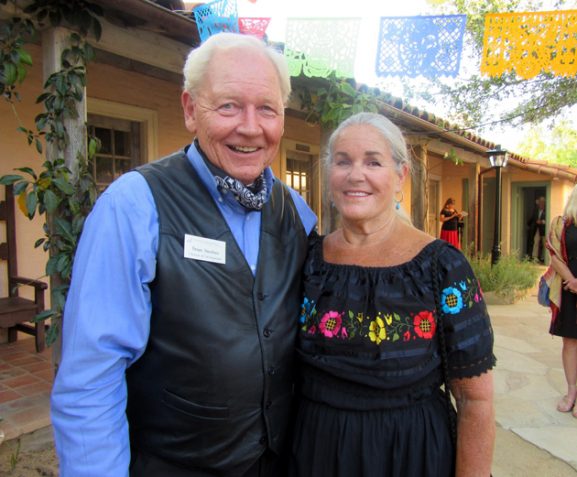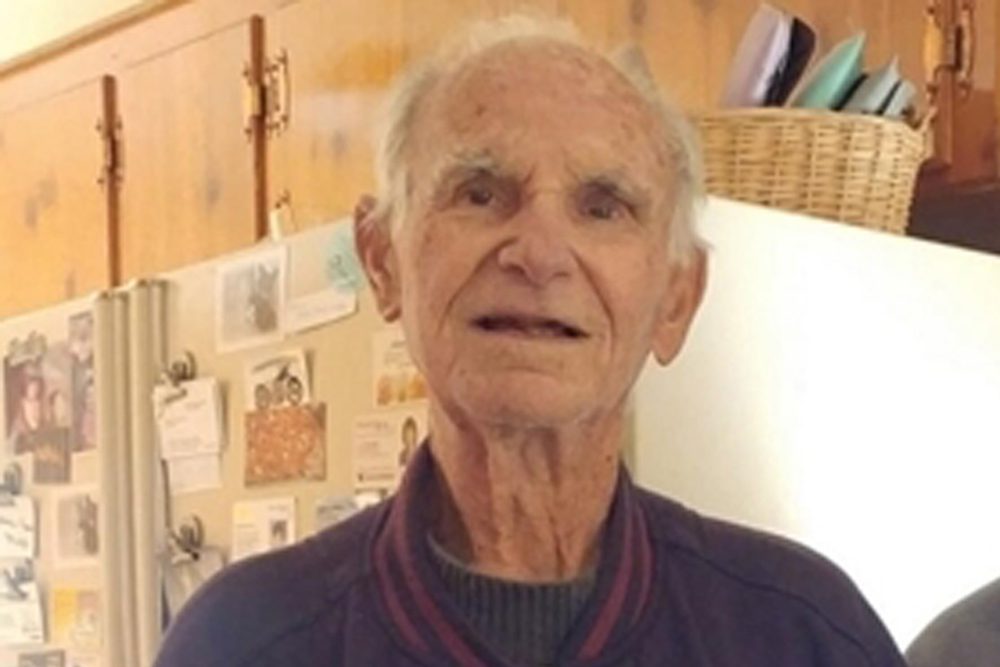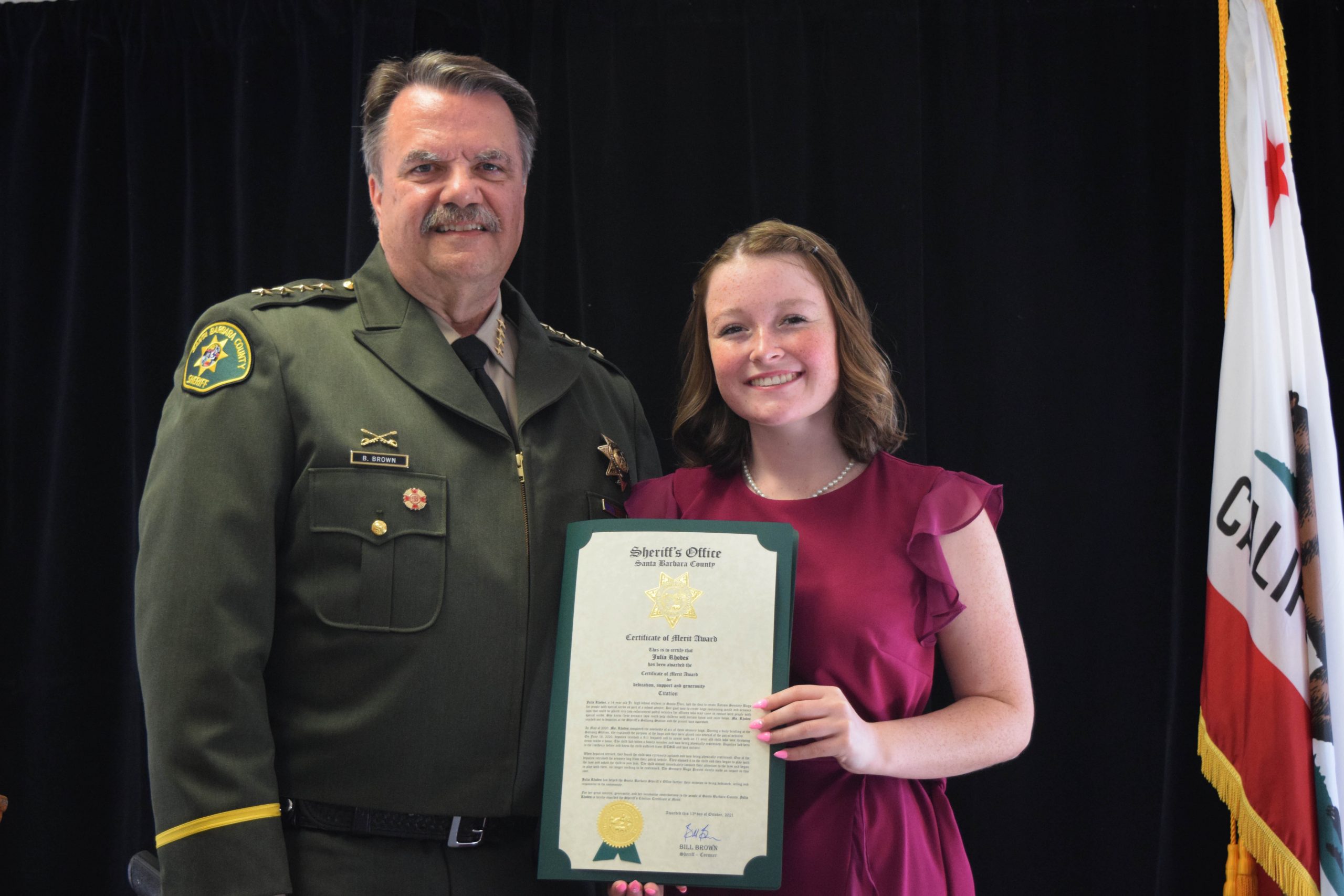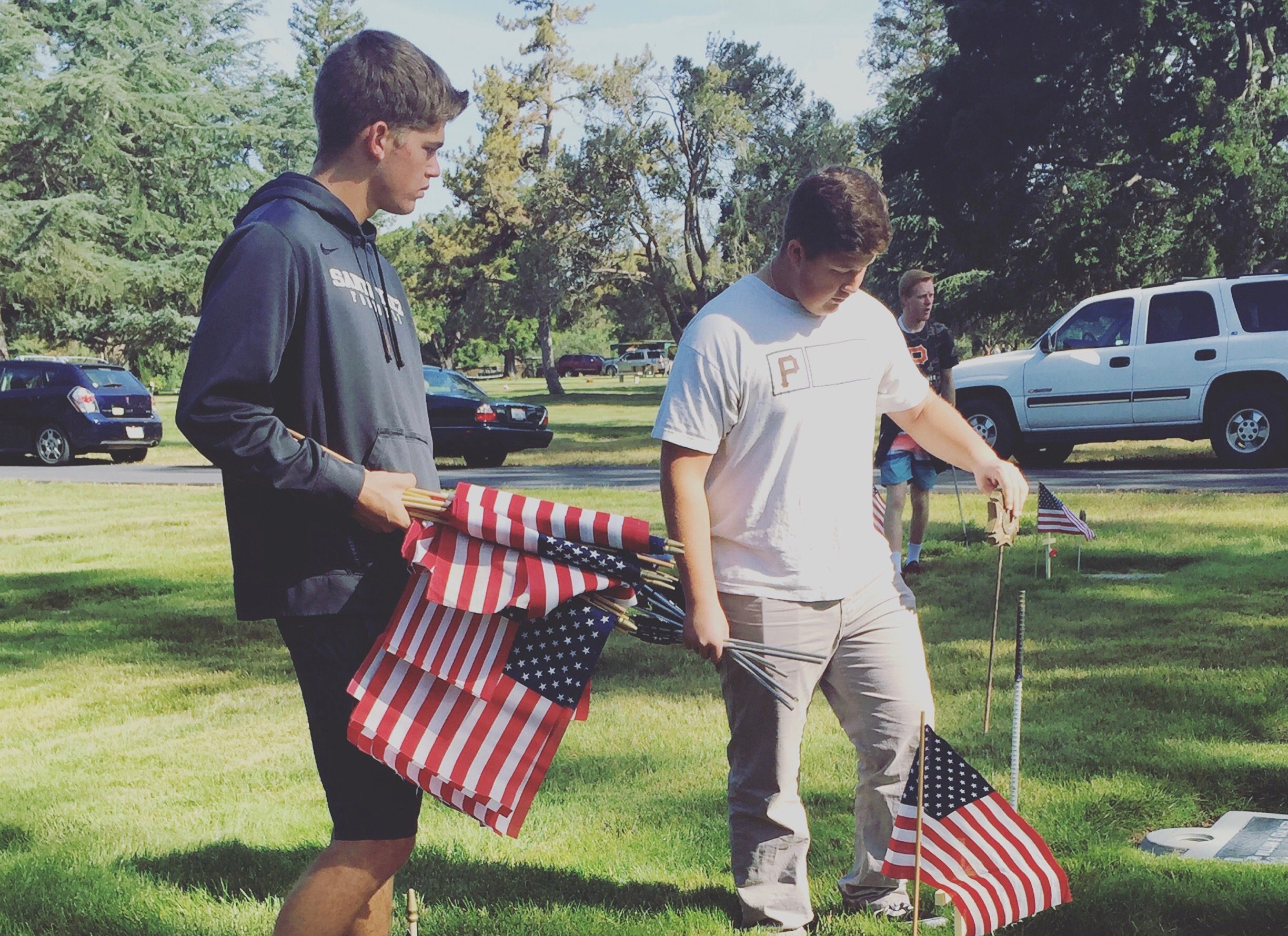Avoid Dehydration
By Nicole Huff
Summer is almost here, and that means temperatures will climb to the 90s and higher in the Santa Ynez Valley. The season of longer days, intense heat and more outdoor activity requires that you drink enough water to prevent dehydration.
But don’t wait until you feel thirsty before you reach for that water bottle. Many people are already dehydrated by the time they start to feel thirsty. This is especially true for seniors and the elderly.
As we age, our bodies become less efficient at cooling. Increased sweating from the heat leads to the loss of water, sodium and potassium the body needs.
That’s why it’s important to drink plenty of water during hot weather and when you’re ill. To make sure you are properly hydrated, it’s a good idea to drink a small amount of water every 20 minutes, even if you’re not thirsty. Set a timer on your phone or a clock to remind you. Another good way to keep track of water intake is to fill a large container (one that holds 64 ounces, or eight servings of 8 ounces each) and drink from that throughout the day. Also keep in mind that alcohol and caffeine can drain your body of water.
Dehydration should not be ignored, as it can cause more serious health conditions when body temperature rises, such as heat exhaustion. If you’re exercising or working in very hot weather and not drinking enough water, your body may not be able to produce the sweat needed to cool itself.
When the body’s temperature remains elevated above 103 degrees for a long period, heat exhaustion can turn into heat stroke — a potentially life-threatening condition.
In the Emergency Department at Santa Ynez Valley Cottage Hospital, we average about 750 visits a month. The majority of patients who come are elderly, and many have signs of dehydration.
Symptoms of being dehydrated include a dry mouth, dry skin, fatigue, weakness, and no urination for six hours. The more serious condition of heat exhaustion causes excessive sweating, rapid heartbeat, headache, dizziness, nausea or vomiting, abdominal cramps, weakness and fever.
If you see or feel signs of severe dehydration or heat exhaustion, move to a shaded area and loosen tight or sweat-soaked clothing. Drink cool water (without ice) or a sports drink containing electrolytes, such as Gatorade or Pedialyte. Pour cool water on the skin or use a fan to help lower body temperature.
Call 911 or come to the Emergency Department if conditions do not improve quickly.
Registered Nurse Nicole Huff works in the Emergency Department of Santa Ynez Valley Cottage Hospital.








